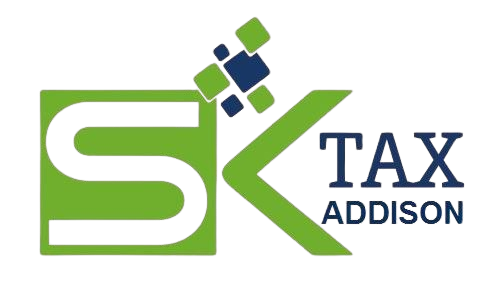Latest Tax Highlights (2025)
1. 100% Bonus Depreciation Restored
Businesses can immediately expense qualifying assets placed in service after January 19, 2025, eliminating the previously scheduled phase-down. This change is expected to drive accelerated capital investment across industries.
2. New Bonus Depreciation for Manufacturing QPP (Section 168(n))
Qualified production property enjoys 100% bonus depreciation through 2032, a significant benefit for domestic manufacturers and supply-chain operators.
3. Immediate Expensing of U.S. R&D (Section 174 Rule Fixed)
Domestic research costs are now fully deductible under new Section 174A. Foreign R&D must still be amortized over 15 years. Companies with capitalized R&D expenses from 2022–2024 can elect a catch-up deduction, potentially improving cash flow. Small businesses may also retroactively expense R&D from 2021 onward.
4. IRA Clean Energy Incentives Terminated
The law eliminates many IRA-era green tax credits, including 179D, 45L, and EV credits. 179D terminates for construction after June 30, 2026. 45L ends for homes closed or leased after that date, forcing developers to revise project planning.
5. Curtailment of Clean Energy ITC and PTC (Sections 48 & 45)
To qualify for ITC or PTC, projects must start within 12 months of the bill's enactment. Credits are unavailable after December 31, 2027. Tech-neutral incentives (48E & 45Y) are also being phased out, reducing long-term support for wind and solar.
Additional Tax Highlights
- Section 179 Cap Increased: Up to $2.5M in equipment can be expensed; phase-out starts at $4M.
- SALT Work-Arounds Preserved: State PTE tax regimes remain deductible in 30+ states.
- SALT Cap Raised: Increased to $40K but phased out for AGIs over $500K.
- Section 899 Eliminated: Retaliatory tax removed, boosting foreign investment appeal.
- Excess Business Losses Softened: Pass-through loss limits were relaxed.
- Section 163(j) Changes: EBITDA-based limit benefits capital-intensive firms.
- International Tax Reform: GILTI and FDII renamed and restricted; multinationals must reassess.
- LIHTC Expansion: State credits increased to support more affordable housing development.
- Pro-Business Provisions: Enhanced 1202 exclusions, OZ extensions, and more.
- New Middle-Class Deductions: For overtime, car loans, and tips.
Looking Ahead
Many provisions take effect immediately or retroactively to 2025. Businesses and advisors should revisit tax estimates, model planning scenarios, and prepare for accounting method changes. Timing will be critical to optimize deductions and reduce liabilities.
Next Steps for CPAs and Businesses
- ✔ Review Client Portfolios: Flag capital assets, R&D, and real estate impacts.
- ✔ Model Cash Flow: Consider bonus depreciation, full expensing, and green credit losses.
- ✔ Communicate Early: Align strategies with boards, investors, and advisors.
- ✔ Prepare Method Changes: Stay ahead of IRS rules for elections like R&D catch-up deductions.

